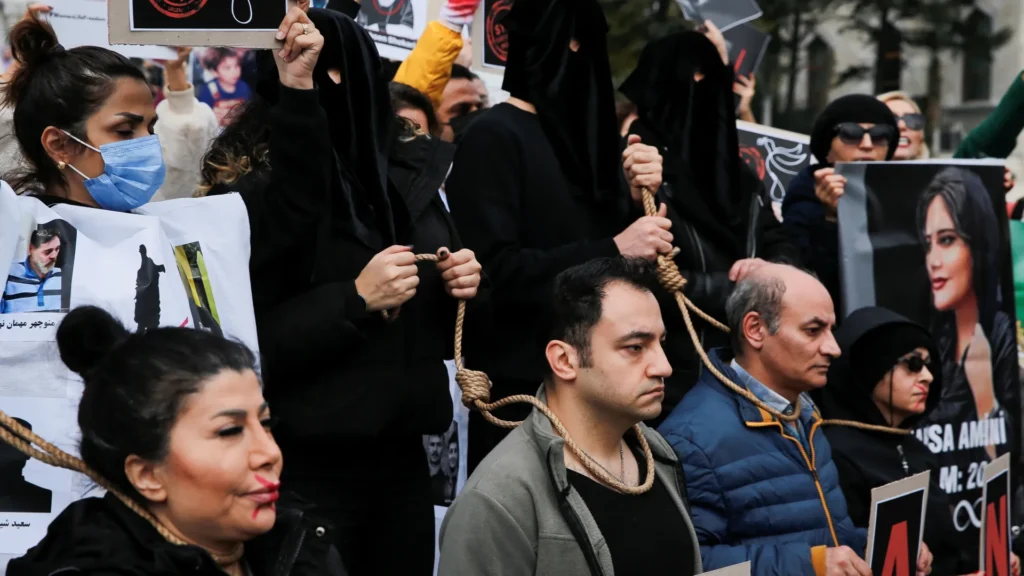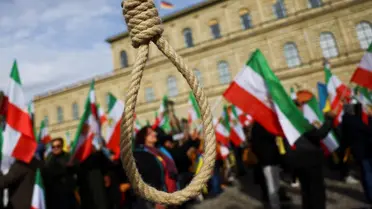The United Nations reported on Tuesday that Iran executed 901 people in 2024, including 31 women. The executions primarily involved drug-related offenses, though political dissidents and individuals connected to the 2022 mass protests were also among the victims.

The U.N. Human Rights Office revealed that some of the women executed were convicted of murder, often related to domestic abuse or forced marriages. Many of these women were victims of violence, including domestic abuse and child or forced marriages, according to the U.N.
Volker Türk, the United Nations High Commissioner for Human Rights, condemned the rising number of executions, calling it “deeply disturbing.” He urged Iran to halt the increasing number of death sentences, stating that it was “high time” the country addressed the ongoing surge in executions.
In total, at least 901 people were executed by hanging in Iran last year, an increase from 853 executions in 2023. This marked the highest execution rate since 2015, when 972 executions were recorded.

The spike in executions coincided with the aftermath of the 2022 protests sparked by the death of Mahsa Amini, a 22-year-old Kurdish Iranian woman who died in police custody after being arrested for allegedly violating Iran’s mandatory dress code. The protests were among the most significant unrest in Iran since the 1979 Islamic Revolution.
Among the executed were political activists and protesters involved in the demonstrations following Amini’s death. At least 31 women were executed in 2024, marking the highest number of female executions in at least 15 years, according to U.N. spokesperson Liz Throssell.
Masoud Pezeshkian, Iran’s newly elected president as of July 2024, made commitments during his campaign to improve the rights of women and minorities in the country.



